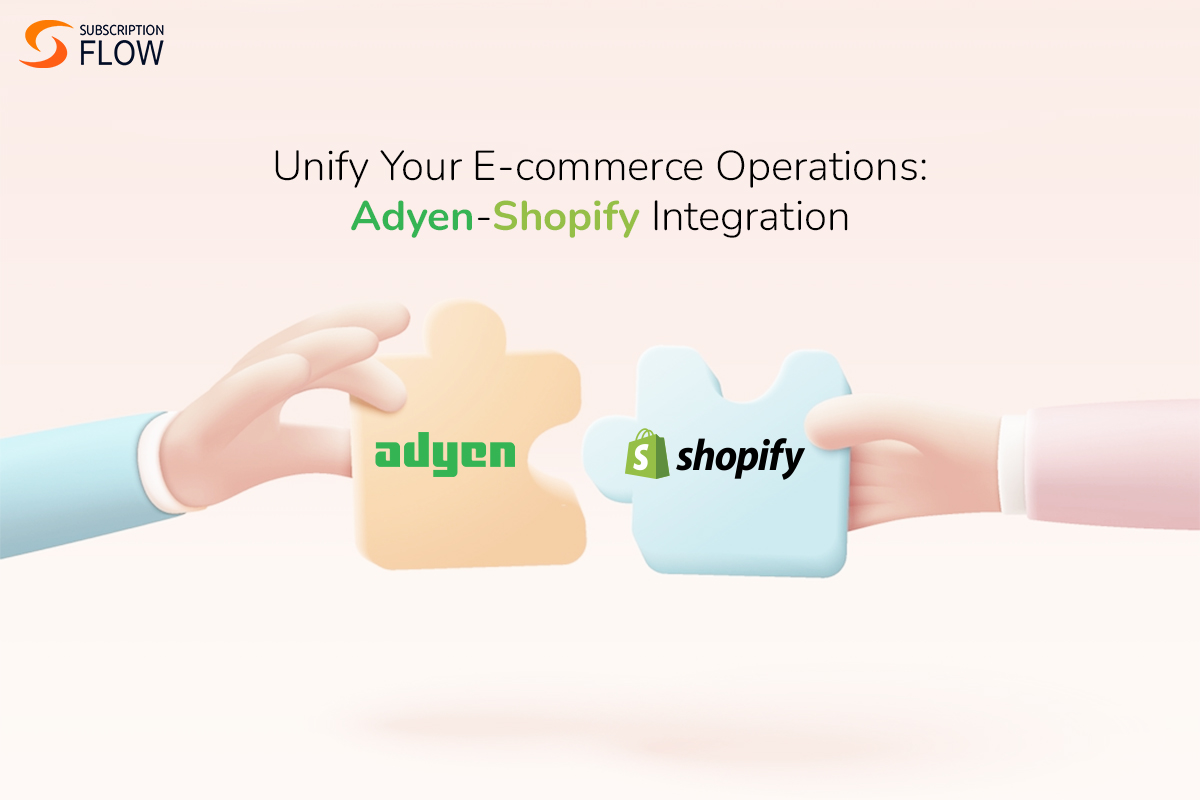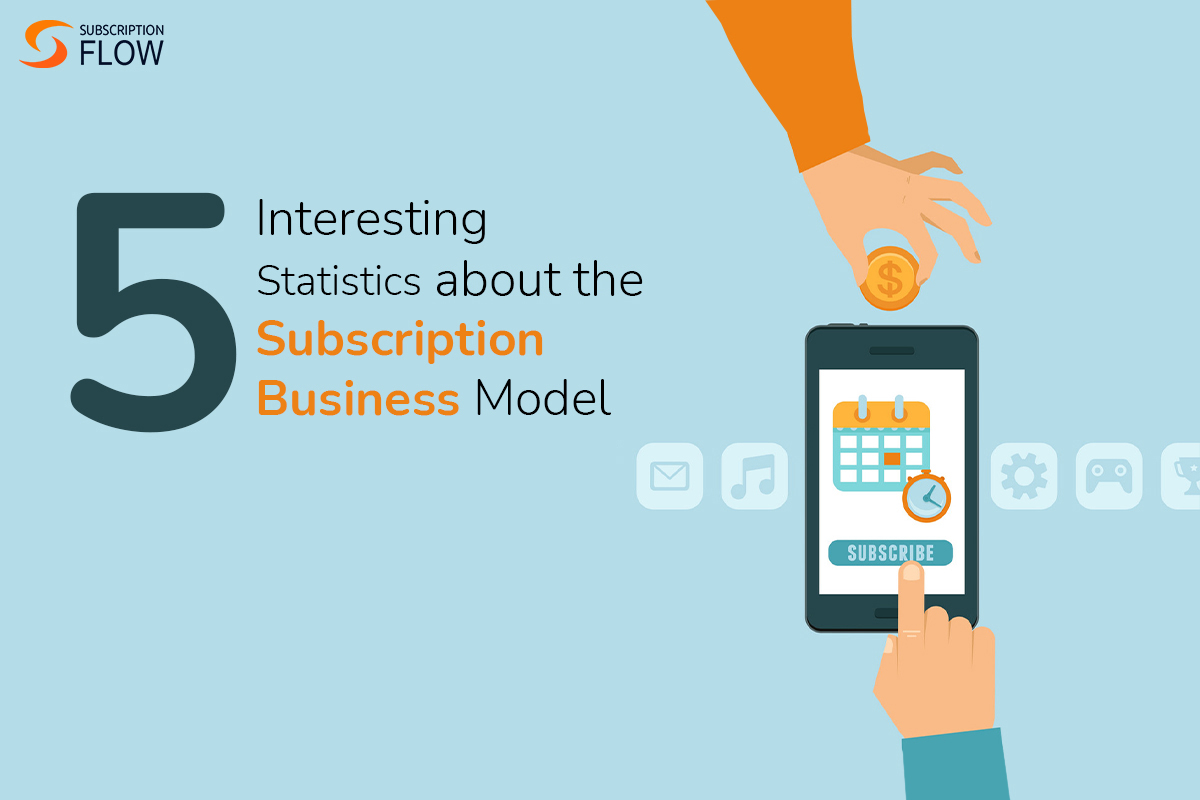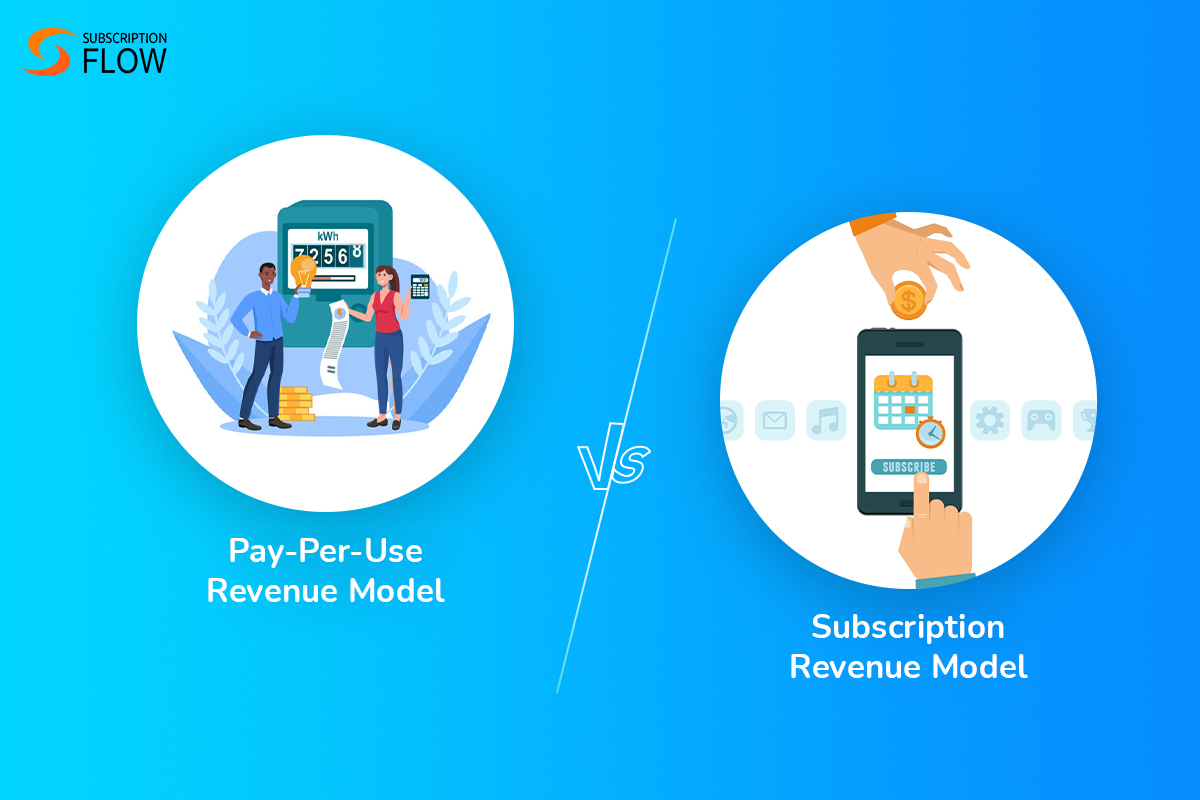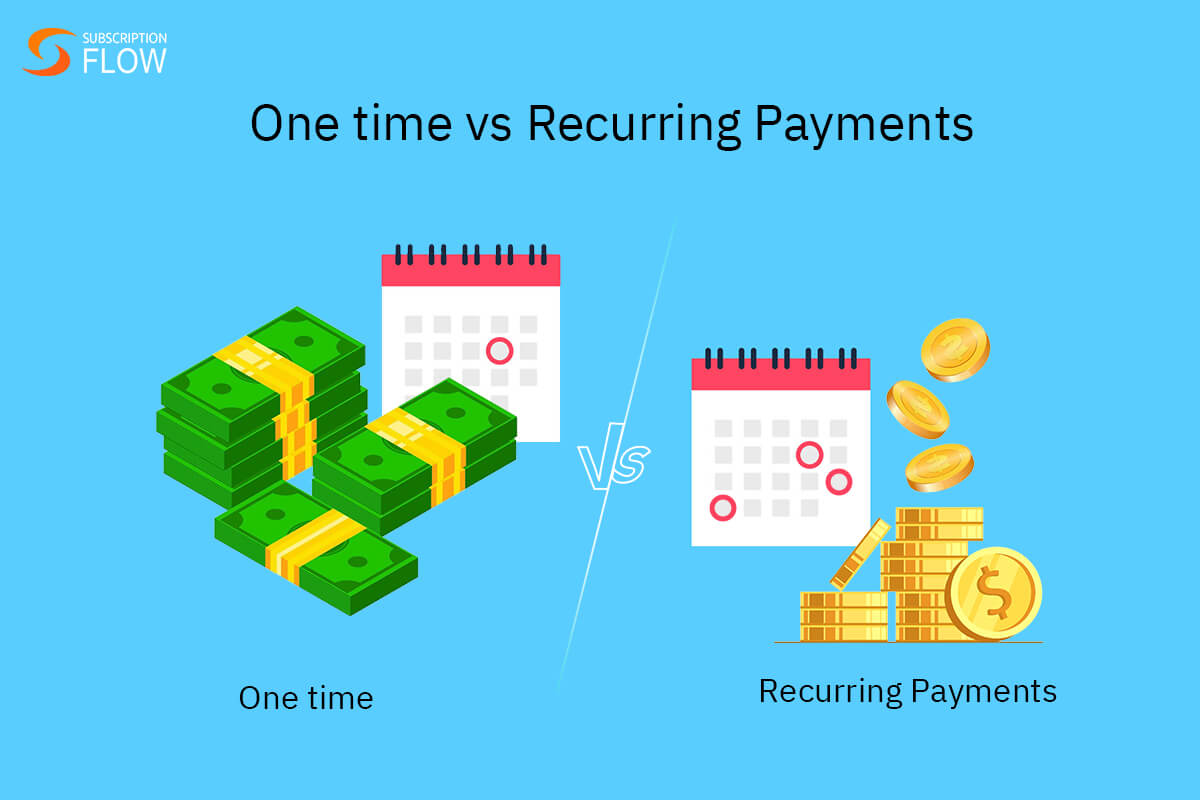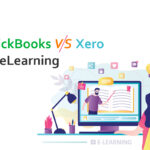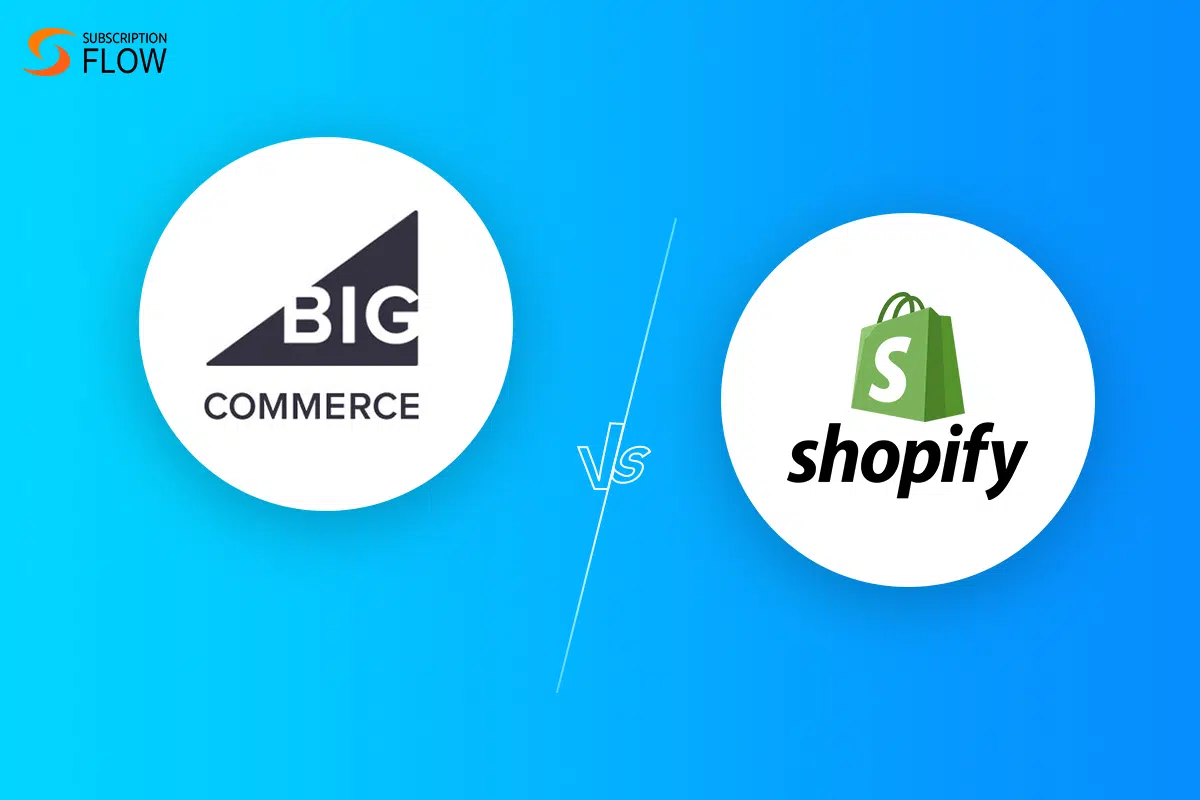
BigCommerce Vs Shopify: Let’s see the 2022 Comparison to Choose One for Your Business
BigCommerce and Shopify are two of the largest eCommerce platforms, each used by a huge number of successful businesses. However, the size of businesses they serve varies greatly and business size can be a determining factor in choosing which platform to use. This article will illustrate both of subscription-based eCommerce platforms and examine the main features and points that differentiate them.
BigCommerce Vs Shopify: At a Glance
Both BigCommerce and Shopify are distinct on their own and offer a subscription-based eCommerce platform catering to customers from all over the world. BigCommerce is said to have more options and enhanced features that are proven to be beneficial for companies and businesses that run on the enterprise level rather than small to mid-range businesses.
Coming to security, both of the eCommerce platforms have a secure socket layer (SSL) that provides security and authentication for the users on their respective platforms. Regarding pricing, both have almost the same pricing given the features, however, BigCommerce has more features whereas Shopify has more than eight thousand free third-party integrations available.
To have a complete view of both choices for your eCommerce store, let’s take a more detailed look:
Transaction Fees
The transaction fee of both platforms slightly varies from each other. For Shopify, the deduction of fees on transactions is 0% if the user uses Shopify Payments. However, if the user or customer uses any external payment gateway, then for Shopify Lite and Shopify Lite 2% of the fee is deducted, 1% for Shopify, and 0.5% for Advanced Shopify.
Coming onto BigCommerce, there is no deduction fee when the payment is processed through a card no matter which one is used. The transaction fee is quite simple for BigCommerce.
Read more: Introducing Shopify Integration with SubscriptionFlow for E-Commerce Businesses
Pricing Plans
The pricing plans for both platforms, Shopify and BigCommerce, are quite similar. Both platforms offer different plans that encompass features based on the pricing plans.
Basic Shopify costs $29 per month and includes a buy button, an online store with two staff accounts, a 2.9 % plus 0.30¢ online credit card processing fee, and up to four inventory locations. BigCommerce Standard plan, which costs $29.95 per month, offers similar features except for unlimited staff accounts. When users do not use Shopify Payments, Shopify charges a 2% transaction fee; BigCommerce does not charge a transaction fee.
For $79.95 Big Commerce’s Plus plan also includes additional tools to aid in customer conversions, such as a stored credit card feature, an abandoned cart saver, and the ability to reward frequent customers with loyalty programs. The Basic plan already includes abandoned cart recovery and discount codes, but the $79 monthly mid-tier plan includes five staff accounts, up to five inventory locations, discounted credit card rates, and discounted transaction fees.
At $299 per month, Advanced Shopify includes advanced reporting, 15 staff accounts, up to eight inventory locations, duties and import collections for international sales, custom pricing by market, and additional credit card and transaction fee discounts. Big Commerce’s Pro plan unlocks Google customer reviews, custom product filtering, and special credit card rates for $299.95 per month.
Unlike Shopify, BigCommerce requires customers to upgrade plans based on the annual sales of their online store. BigCommerce Standard is for businesses that sell up to $50,000 per year, Plus is for businesses that make up to $180,000 per year, and Pro is for businesses that make up to $400,000.
Shopify offers plans like Shopify Basic and Shopify Lite for those who want to sell products without specifically working on making their eCommerce store. Users can embed a Buy Button on their website or sell items in person using the Shopify Point of Sale app and a card reader for $9 per month.
eCommerce Theme Store
The themes for eCommerce stores are of great importance as merchants might have different preferences. For this purpose, both subscription-based eCommerce platforms have a wide repository of themes.
Shopify has eight free themes available for the users, as well as a repository of more than 70 paid themes. Shopify sells its themes ranging from $100 to $180 whereas, for BigCommerce, the price range for selling themes ranges from $150 to $350. For BigCommerce, it has 12 free themes for users. Each theme of both platforms is user-friendly but Shopify takes an edge over BigCommerce when it comes to the themes and designs.
Read more: Manage Subscriptions in BigCommerce with SubscriptionFlow
Customer Support
Customer support plays a big role for customers and merchants as problems or issues may arise at any time. The e-commerce platform is rapidly building and with an increasing number of customers daily, it gets hard to deal with multiple tickets generated by the customers. Both BigCommerce and Shopify have remarkable customer support despite their large customer bases. Some of the features of the customer support of both Shopify and BigCommerce are mutual. Let’s look at those features:
- 24/7 phone support
- 24/7 live chat
- Help center
- Support forum
- Video tutorials
- Advanced specialist support
BigCommerce provides a 10-minute call for optimized user onboarding. Furthermore, BigCommerce gives high priority to the enterprise-level customers of the platform with the help of expert level to provide agile customer support.
Shopify customer support is deemed to be more helpful for the customers as compared to BigCommerce customer support. Shopify redirects the user to the knowledge-based page for a more thorough approach and detailed help. Customer support is also provided through social media which is unlikely to be seen in the BigCommerce platform.
Payment Gateways
Payment gateways are available on both of the eCommerce platforms. However, Shopify has its own eCommerce payment gateway, in other words, we also call it the built-in payment gateway. Whereas, BigCommerce provides third-party integrations for payment gateways.
Shopify has its own built in payment gateway. When payments are processed, it is processed through the system of Shopify. BigCommerce does not have its inbuilt payment gateway system rather it offers different integration for the payment gateways as much as you want such as Stripe, PayPal, etc.
Who Wins?
With the features analyzed, it depends upon the user to look out for the one that suits their interests better. Shopify and BigCommerce have their own individual features suitable for small to mid-range businesses and enterprise levels. However, BigCommerce wins for the enterprise-level companies but if you are looking to run small-level to mid-level businesses, then Shopify takes the place.
Schedule a demo with SubscriptionFlow to manage your Shopify or BigCommerce Store subscription management.


